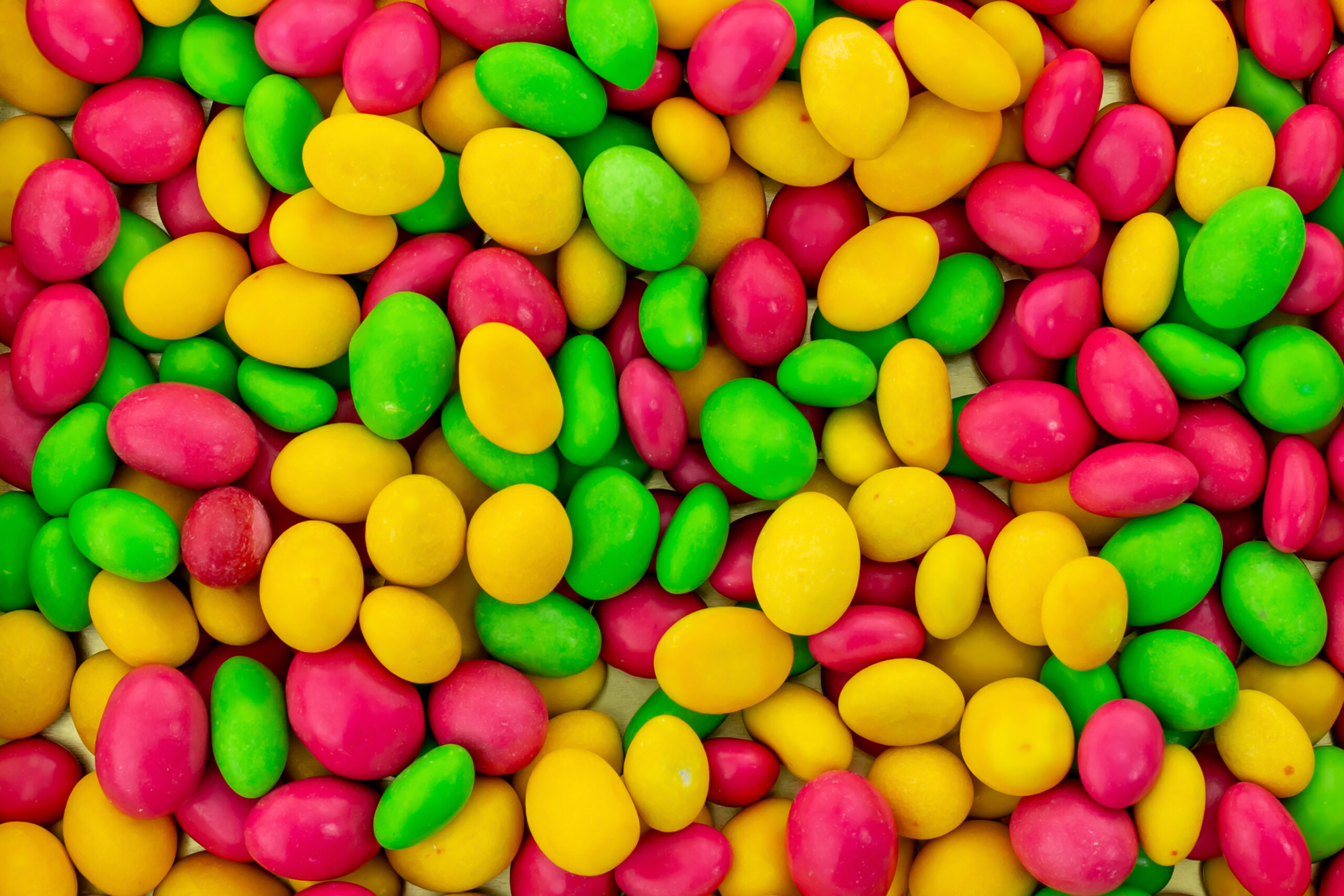Willie Nelson said the air was full of melodies. You reach out and pluck one.
I don’t have that gift. My mind though is always reaching for ideas hanging like Palisade peaches in August. Let me give you this week’s before we leave for French Polynesia to sail around Tahiti. A tidbit on that at the end.
There’s a reason. Always. But for you public companies, it’s better to avoid reasons.
Let me explain.
I joined CNBC’s Frank Holland on CNBC yesterday to talk about what might happen with NVDA’s earnings today. Right before me in the lineup was Steve Liesman, CNBC’s senior economics reporter, talking about President Trump’s firing of Federal Reserve governor Lisa Cook.
He was there to explain the reason the market was tanking. Except it wasn’t. Which I think confounded observers all day long. They couldn’t stop talking about it.
We saw Allen Stone last Sunday night, a great singer of the era. I love his Reason Why. Everybody who believes in something at some point questions it. Your business, your career, relationships, faith. Pick it. Doubt creeps in.
Whatever it is, you do it for hope.
For Steve Liesman et al, if the market skyrocketed last Thursday with Jay Powell’s suggestion that “conditions may warrant a shift in our policy stance,” why wouldn’t it plunge on a Presidential firing of a presiding Fed governor?
You know you can bet on anything? It’s called euphemistically the “Prediction Markets.” DraftKings and FanDuel and others offer ways to bet on sports.
Robinhood and Interactive Brokers and the CME Group and Kalshi and others have magnified gambling into politics, economics, markets, commodities, and more, where you can use your brokerage account to wager yes or no on things.
Nobody took the bet that Lisa Cook’s firing was material. No spread, no money, no reason. By contrast, everybody took the bet that Jay Powell would say SOMETHING ELSE than he’d said before.
NVDA reports results today. It’s a reason to wager. Bets are modestly short (NVDA short volume is 54% of trading vs 52% in the SPX). NVDA Demand on a 10-point scale is bottomed at 3.4. It’s most similar to when NVDA reported in Nov 2024.
But who knows? The whole market is like a yes or no bet. Demand marketwide is 6.2 today for the third straight day. Supply is 51.5% for the third straight day. Waiting.
NVDA is big enough to tackle the market around the shoulders and take the entire thing down. But if the bets just all even out? Suddenly nothing happens.
Let’s put it in context, public companies and investors. If there’s a bet to be placed on your quarterly earnings, it’ll happen. The more you uniquely separate yourself from the herd (beta) to try to beat it (alpha), the higher the probability you’ll have reasons why.
So. Don’t do that.
In July alone, Active fund families like MFS, T Rowe Price, American Funds, had outflows of more than $20 billion, says Morningstar. Meanwhile, Blackrock, Fidelity (its burgeoning ETF business), Vanguard, State Street, raked in nearly $65 billion.
The addressable market for public companies is dominated by money that doesn’t want what makes you different. It wants what makes you the same. Do you have a plan for this market? If not, you should, and we have it, and we can help.
The money that bets – hedge funds, machines, etc. – needs probabilities you’ll try to be different. If you’re the same, there’s nothing to bet on. And you win. Because you attract and keep Passive Investment, public companies.
There is paradoxical tension tied to your earnings reports. Because you’re going to do something Blackrock loathes: You’ll try to be different.
The best thing you can do to help your shareholders, public companies, is to follow the herd. It clashes inherently with what we believe to be true, I know. But one good reason why is all we need. Money is like hope. It’s motivation. Sell the market hopeful beta, not risky alpha.
What one thing tips a stock market over that has unremitting inflows to Passives putting that money into ETFs? Stocks fall. Sure, laugh. It takes one reason. A tripwire.
In the summer of 1987, there were dissenting Fed governors, prompting Paul Volcker’s resignation as Fed chair. There was inflation, trade deficits, a searing stock market. The Fed Funds rate was 7.25% as Alan Greenspan took the helm. With October options-expirations, the market imploded.
And then recovered. I bought my first mutual fund in October 1987 in college.
Anyway, that’s not the reason but we are off to Bora Bora and beyond. It’s not lost on me that the Tahitian word for “very well” is, roughly, Mai-Tai. The blog and we will return the week of Sep 15. Keep the wind at your back!





